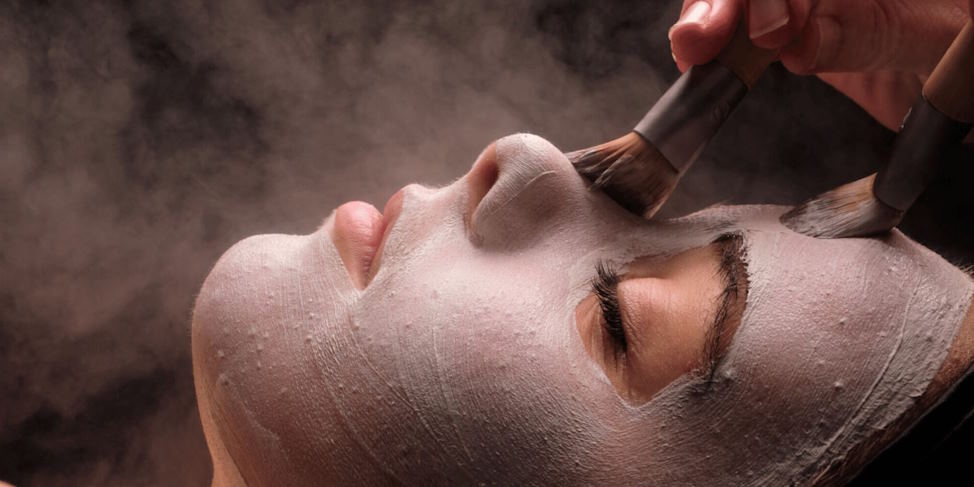This website uses cookies so that we can provide you with the best user experience possible. Cookie information is stored in your browser and performs functions such as recognising you when you return to our website and helping our team to understand which sections of the website you find most interesting and useful.


Professional Guidance: Your Skin’s Best Friend
The Expert’s Eye
Customized Solutions
Dermatologists and skincare professionals possess in-depth knowledge of various skin types and conditions. They can tailor recommendations and treatments to address your specific needs, ensuring you’re not using products or methods that may be ineffective or even harmful to your skin.
Diagnosing Skin Issues
If you have a persistent skin concern, such as acne, eczema, or unusual moles, a dermatologist can provide a precise diagnosis and treatment plan. They can also identify potential skin cancer risks early through thorough examinations.
Keeping Skin Healthy
Preventive Care
Regular check-ups with a dermatologist aren’t just for addressing existing skin issues. They also play a crucial role in preventive care. Dermatologists can assess your skin’s health, identify early signs of problems, and offer guidance on maintaining your skin’s well-being.
Skin Cancer Detection
When caught early, skin cancer is highly treatable. Dermatologists are trained to recognize the warning signs of skin cancer and can perform thorough screenings to detect any abnormalities. Early detection can make a significant difference in the outcome.

Advanced Treatments
Dermatologists can perform various procedures, such as chemical peels, laser therapy, and microdermabrasion, to address various skin concerns. These interventions can provide dramatic improvements in skin health and appearance.
Holistic Skin Wellness
Dermatologists take a holistic approach to skin wellness. They consider how lifestyle factors, such as diet, stress, and sleep, impact your skin. This comprehensive perspective ensures you receive well-rounded guidance for maintaining vibrant, healthy skin.
When to See a Dermatologist
While regular skin check-ups are beneficial, there are specific instances when seeing a dermatologist is crucial:
- Persistent Skin Issues: If you have a skin concern that hasn’t improved with over-the-counter treatments, seek professional advice.
- Skin Cancer Risk: If you have a family history of skin cancer, many moles, or a history of severe sunburns, consider regular skin cancer screenings.
- Changing Moles or Skin Growth: Any changes in the size, color, shape, or texture of moles or skin growths should be promptly examined.
- Skin Allergies or Sensitivities: If you experience persistent skin allergies or sensitivities, a dermatologist can identify triggers and recommend suitable products.
- Aging Concerns: If you’re interested in anti-aging treatments or procedures, a dermatologist can guide you through options tailored to your skin.


